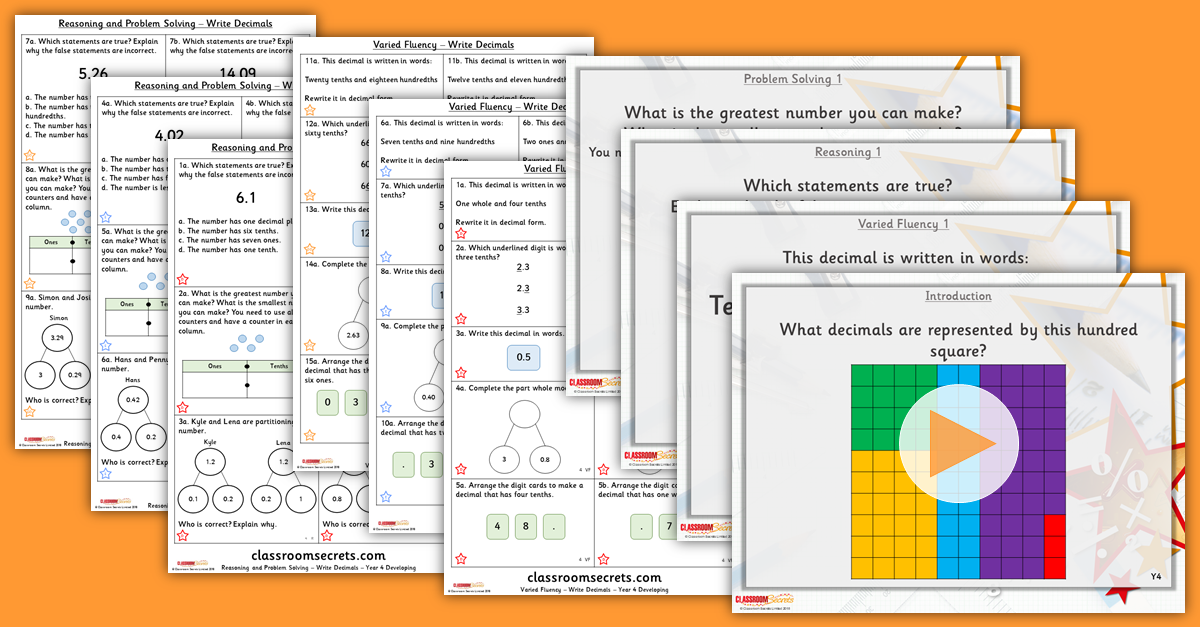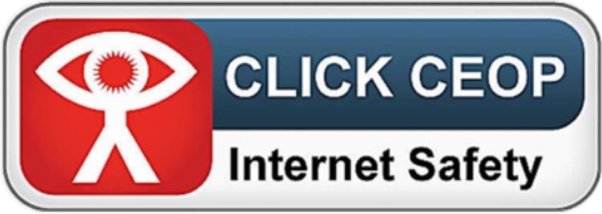Mixed Age Year 3 and 4 Fractions and Decimals Step 14 Resource Pack

Step 14: Mixed Age Year 3 and 4 Fractions and Decimals Step 14 Resource Pack
Mixed Age Year 3 and 4 Fractions and Decimals Step 14 Resource Pack includes a teaching PowerPoint and differentiated varied fluency and reasoning and problem solving resources for this step which covers Year 4 Write Decimals for Spring Block 4.
Not a member? Sign up here.
What's included in the Pack?
This Mixed Age Year 3 and 4 Fractions and Decimals Step 14 pack includes:
- Mixed Age Year 3 and 4 Fractions and Decimals Step 14 Teaching PowerPoint with examples.
- Year 4 Write Decimals Varied Fluency with answers.
- Year 4 Write Decimals Reasoning and Problem Solving with answers.
National Curriculum Objectives
Mathematics Year 4: (4F6b) Recognise and write decimal equivalents of any number of tenths or hundredths
Mathematics Year 4: (4F10b) Solve simple measure and money problems involving fractions and decimals to two decimal places
Differentiation for Year 4 Write Decimals:
Varied Fluency
Developing Questions to support writing decimals up to one decimal place.
Expected Questions to support writing decimals up to two decimal places.
Greater Depth Questions to support writing decimals up to two decimal places (requiring crossing over, for example two tenths and 14 hundredths = 0.34)
Reasoning and Problem Solving
Questions 1, 4 and 7 (Reasoning)
Developing Read four statements about a number with one decimal point. Determine which two statements are true, and explain why the other two statements are false.
Expected Read four statements about a number with two decimal points. Determine which two statements are true, and explain why the other two statements are false.
Greater Depth Read four statements about a number with two decimal points. Determine which two statements are true, and explain why the other two statements are false. Statements include more complex descriptions of tenths and hundredths.
Questions 2, 5 and 8 (Problem Solving)
Developing Given four or five counters, find the biggest and smallest number it is possible to make on a place value grid with one decimal place.
Expected Given seven or eight counters, find the biggest and smallest number it is possible to make on a place value grid with two decimal places.
Greater Depth Given thirteen or sixteen counters, find the biggest and smallest number it is possible to make on a place value grid with two decimal places.
Questions 3, 6 and 9 (Reasoning)
Developing A number with one decimal place is partitioned two ways. Determine which is correct and why.
Expected A number with two decimal places is partitioned two ways. Determine which is correct and why.
Greater Depth A number with two decimal places is unconventionally partitioned two ways. Determine which is correct and why.
This resource is available to download with a Premium subscription.






